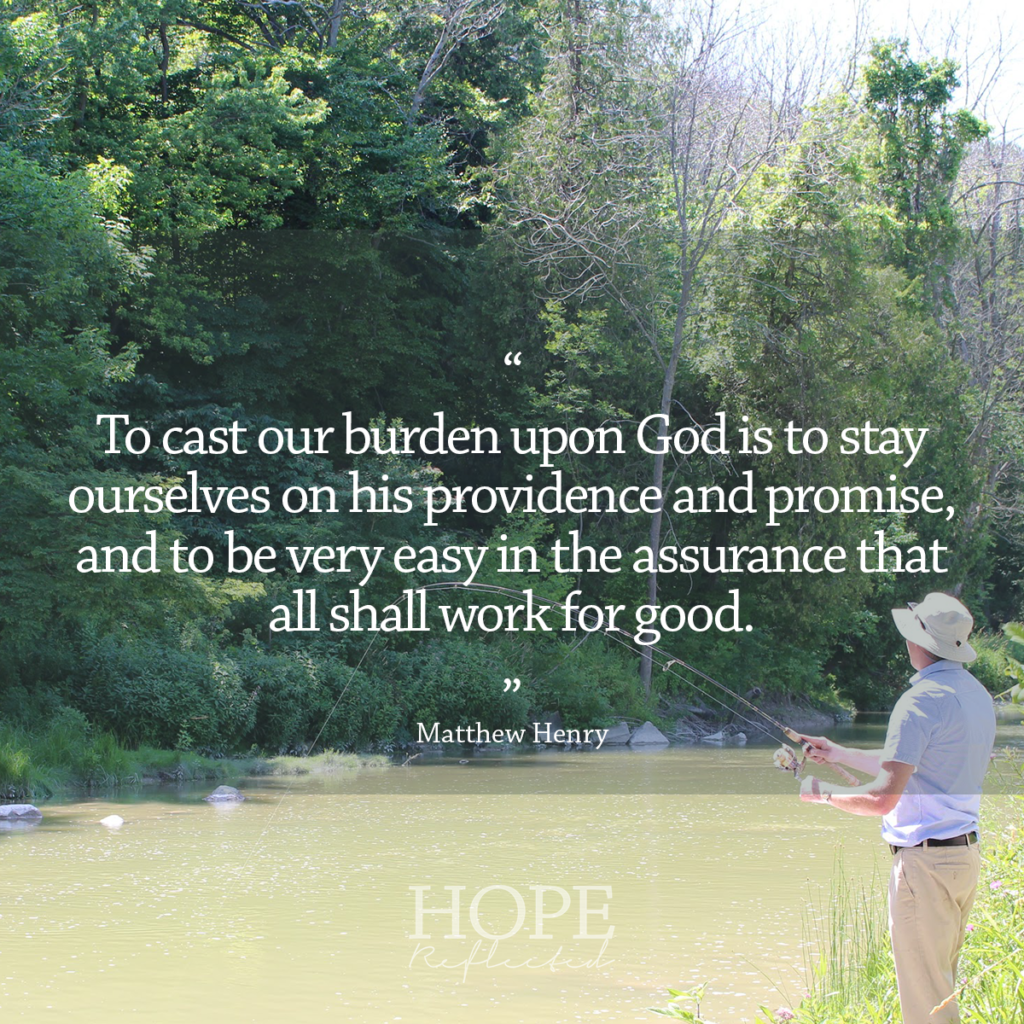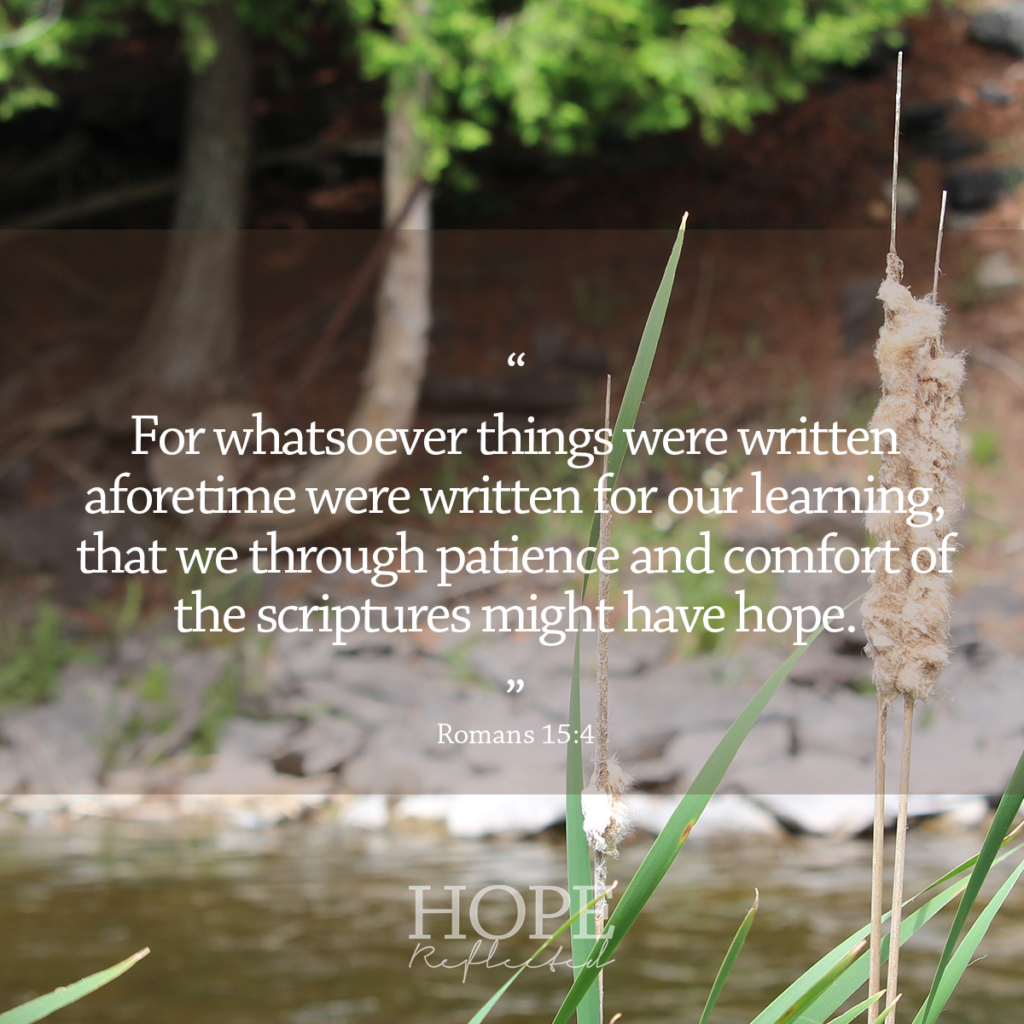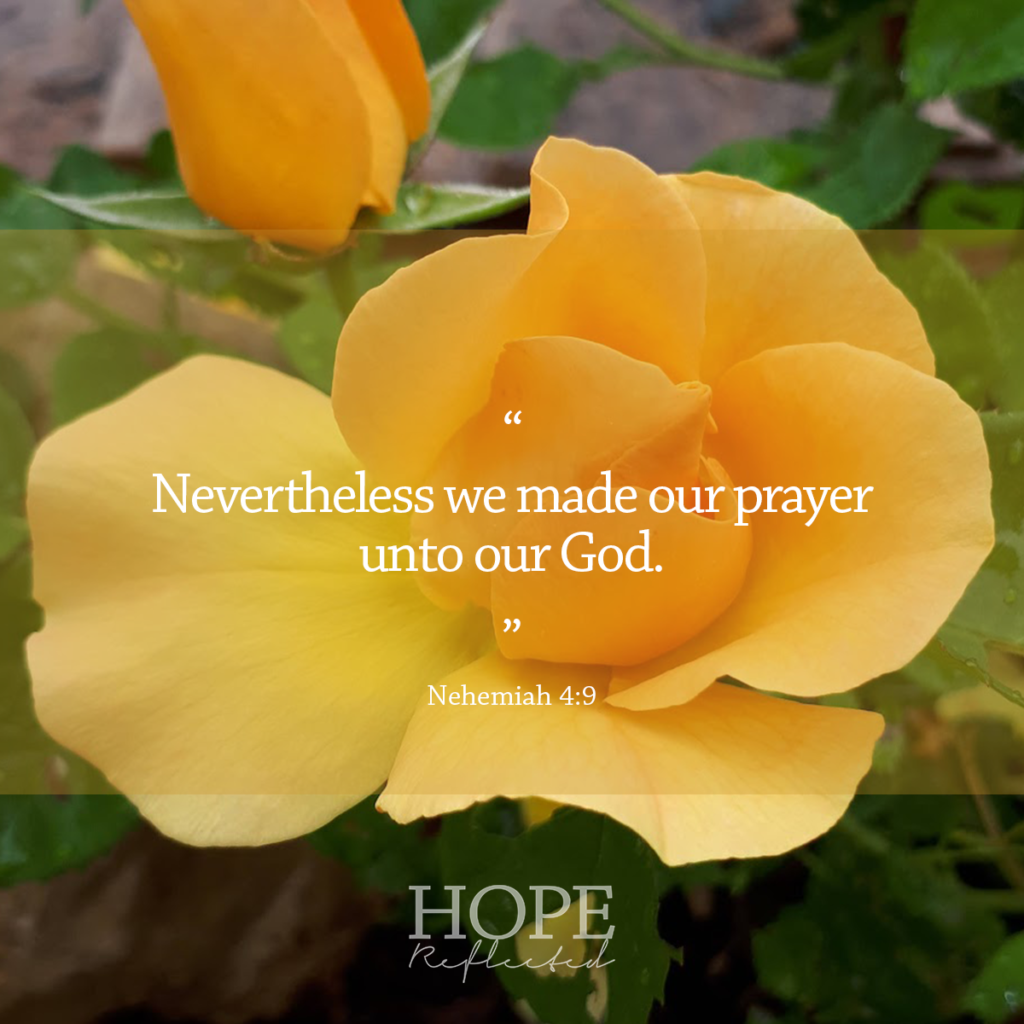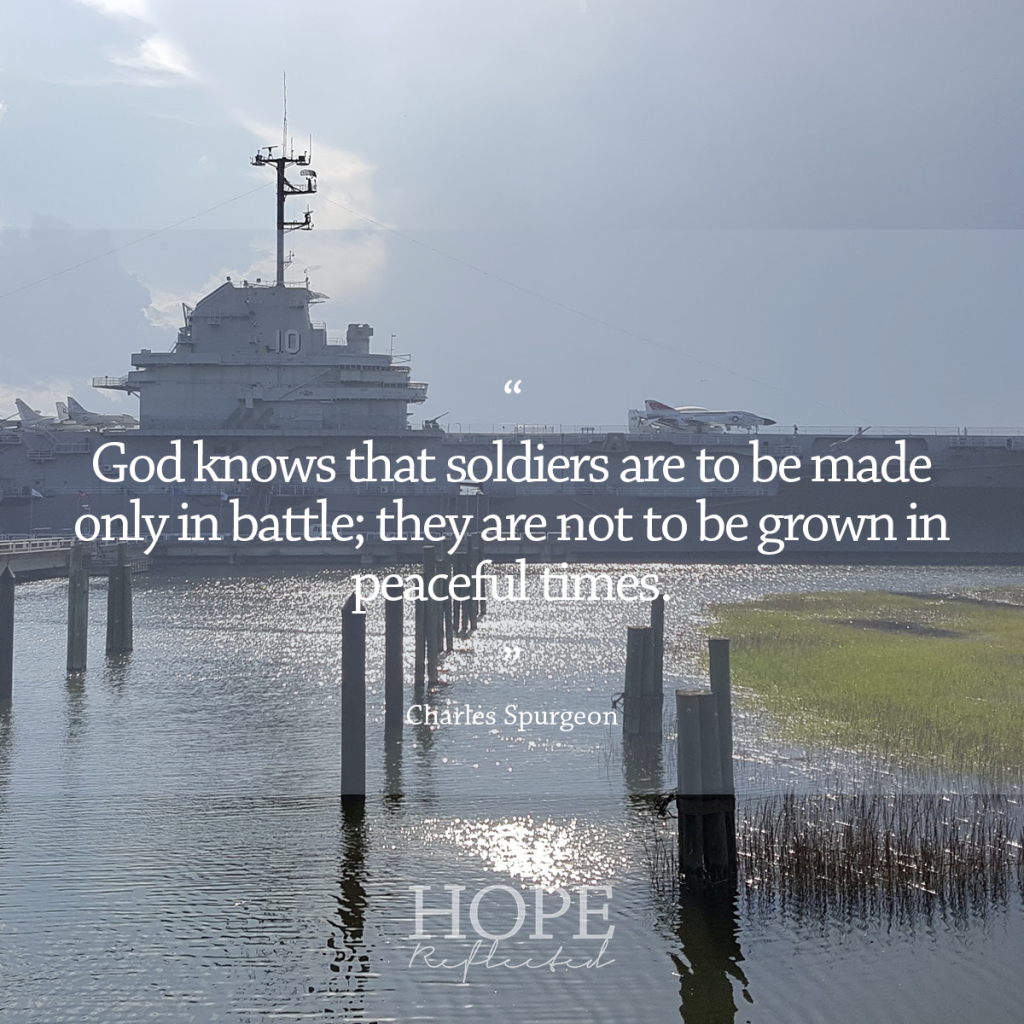Cast, don’t carry
Written by H, Posted in Christian Living, Published Work

What does it mean “to cast”?
When boating, to cast off means to free your boat from its mooring and set out on the water. In angling, to cast is the act of throwing your fishing line and bait out over the water. While knitting, casting on is a method of adding new stitches that don’t depend on earlier stitches. No matter the context, the act of casting requires energy and exertion on the part of the person performing it.
“Cast thy burden upon the Lord, and he shall sustain thee: he shall never suffer the righteous to be moved.”
Psalm 55:22
When David penned Psalm 55, he wrote in verse 22, “Cast thy burden upon the Lord, and he shall sustain thee: he shall never suffer the righteous to be moved.” We are to cast our burden on the Lord. We aren’t to hesitate, and we aren’t to pray and then worry, rather, we are to throw our cares on Him. What is our burden? Perhaps it’s a fear of the unknown, or an uncertain future. Maybe it’s worry over finances. It could even be concern for our physical or mental health. “Heaviness in the heart of man maketh it stoop,” we read in Proverbs 12:25. What is weighing heavy on your heart? Whatever our burden, we are to cast it on Him. In his commentary on Psalm 55, Matthew Henry said that, “To cast our burden upon God is to stay ourselves on his providence and promise, and to be very easy in the assurance that all shall work for good.” It’s easier said than done.
Casting takes work
Casting our care is certainly not for the faint of heart, and it always requires full disclosure to God. We can be quick to forget in our prayers that God sees and knows all – not even the darkest, deepest parts of our hearts are hidden to Him. If we are to truly cast our burden upon the Lord, if we truly want Him to sustain us, we must be totally honest and open with Him. We must be humble.
“Humble yourselves therefore under the mighty hand of God, that he may exalt you in due time: Casting all your care upon him; for he careth for you.”
1 Peter 5:6-7
Peter, in his first epistle to the Christians in and around Asia Minor, specifically when writing to the elders, encouraged them to “Humble yourselves therefore under the mighty hand of God, that he may exalt you in due time:” then he wrote, “Casting all your care upon him; for he careth for you.” (1 Peter 5:6-7). Part of casting our cares upon Him requires us to humble ourselves. Remember in Psalm 138:6 we understand that God is close to the humble, “but the proud he knoweth afar off.” It doesn’t matter how strong your pitching arm is, the farther away something is when you’re trying to cast to it, the more difficult it is. Spiritually, we cannot cast our cares on the Lord unless we are close to Him.
Rather than looking everywhere else for support, we should look to Him to sustain us. “Come unto me, all ye that labour and are heavy laden, and I will give you rest,” Jesus promises in Matthew 11:28-30, “Take my yoke upon you, and learn of me; for I am meek and lowly in heart: and ye shall find rest unto your souls. For my yoke is easy, and my burden is light.”











![False friends or counterfeit kindness; whatever you want to call it, the world is filled with people who will say one thing to your face and then another behind your back; people who will woo you in order to get something from you.
It’s sad, but it’s true.
The Bible provides us with examples from Joab to Judas, and yet, we’re surprised when we find ourselves deceived and hurt by someone else.
So what are some of the hallmarks of a true friend?
You can read more about this on hopereflected.com [Link in profile]
.
.
.
#friends #friendship #kindness #counterfeitkindness #hurt #proverbs #truefriends #hopereflected #blog #blogpost](https://www.hopereflected.com/wp-content/plugins/instagram-feed/img/placeholder.png)